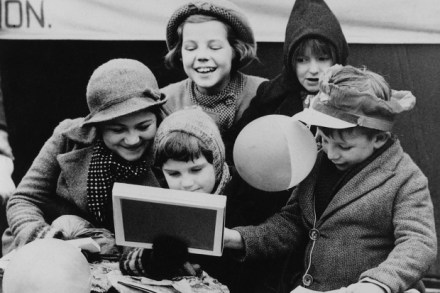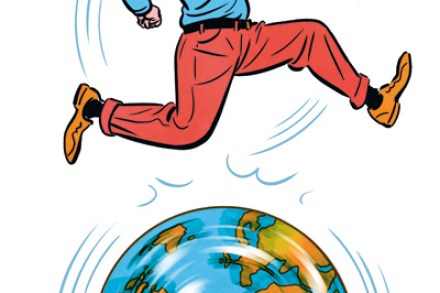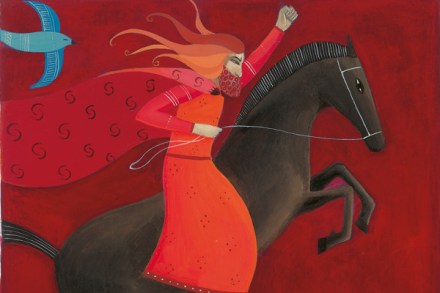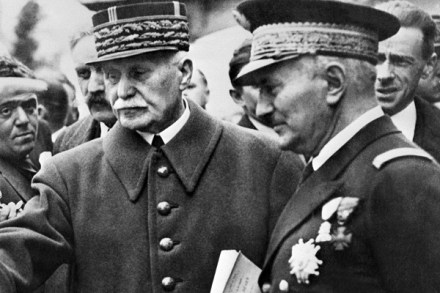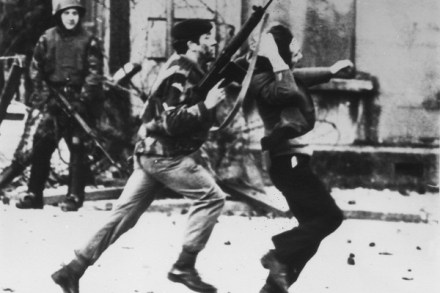CofE takes aim at payday lenders. But what about the banks?
Does Christmas have to start with a payday loan? No, according to the Church of England. The Church has unveiled its annual advertising campaign this morning, posing this very question to the residents of Manchester. As usual, the CofE is worried Britons are becoming ignorant about the origins of Christmas. As one of the adverts (pictured above) from Christmas starts with Christ shows, the aim is to remind Britain of the religious nature of the festive season as well as urging people not to go into debt to finance Christmas. But are the payday loan companies the only companies the Church should be worried about? In a recent Barometer column,


